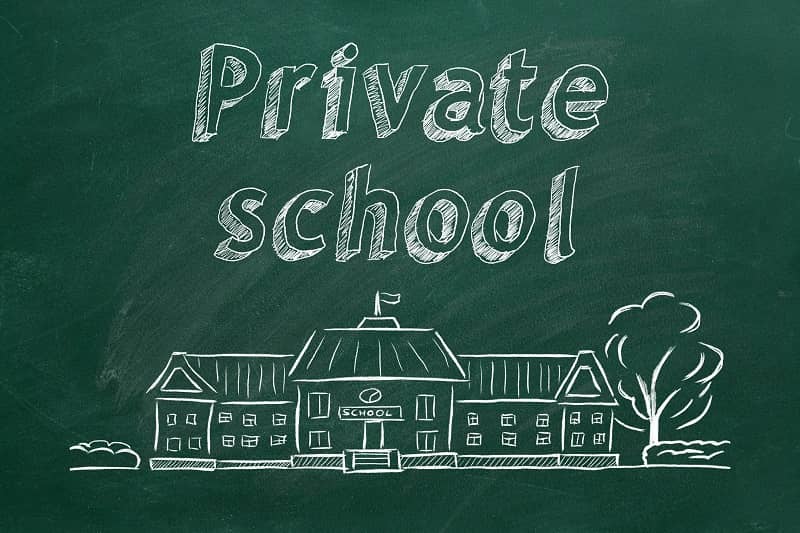By Kathryn Hickok
Oklahoma’s Parental Choice Tax Credit Program is the first universal, refundable tax credit for K-12 education expenses. Education Tax Credits: Restoring Trust in Families, a new report published by yes. every kid., explains how education tax credits can be a direct, unbureaucratic approach to expanding education options for all students.
“Personal education tax credits,” the report says, “are tax credits received by a parent or guardian for educating his or her student outside of the existing public school system. They are a simple way to give families support to offset the cost of educational expenses by returning their taxes to them and, in some cases, providing them with a refund.” Following the model of the federal Child Tax Credit, education tax credits “provide families direct funding with little bureaucratic interference and allow families to spend these funds in the most flexible way.”
The report recommends that states looking to enact a strong education tax credit policy should ensure that it applies to all families, retains parental autonomy over education decisions, ensures administrative efficiency, and is built on a sustainable basis.
Ten states now have universal or near-universal school choice laws: seven Education Savings Account programs, two voucher programs, and one tax credit program. Each of these approaches empowers parents to choose the best education options for their children. States can learn valuable lessons from each other’s policy approaches as they craft programs that suit the needs of their own families and voters.
Kathryn Hickok is Executive Vice President at Cascade Policy Institute, Oregon’s free market public policy research organization, and Director of Cascade’s Children’s Scholarship Fund-Oregon program.












